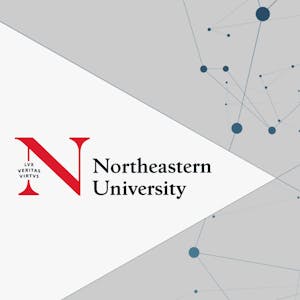Hypothesis Testing in Public Health
About this Course
Biostatistics is an essential skill for every public health researcher because it provides a set of precise methods for extracting meaningful conclusions from data. In this second course of the Biostatistics in Public Health Specialization, you\'ll learn to evaluate sample variability and apply statistical hypothesis testing methods. Along the way, you\'ll perform calculations and interpret real-world data from the published scientific literature. Topics include sample statistics, the central limit theorem, confidence intervals, hypothesis testing, and p values.Created by: Johns Hopkins University

Related Online Courses
Explores how artificial intelligence (AI) empowers businesses to enhance competitiveness. Examines how AI integrates with business strategy. Offers students an opportunity to recommend business... more
This comprehensive course on Selenium WebDriver with Java begins with a thorough introduction to Selenium\'s features and architecture. You\'ll start by setting up your environment, including Java... more
The field of analytics is typically built on four pillars: Descriptive Analytics, Predictive Analytics, Causal Analytics, and Prescriptive Analytics. Descriptive analytics (e.g., visualization, BI)... more
Do you have people reporting to you that need managing? Or perhaps you want to consider a career in human resources? Or freshen up your HR knowledge?\\n\\nThis specialization provides a robust... more
This specialization aims to explore the Total Data Quality framework in depth and provide learners with more information about the detailed evaluation of total data quality that needs to happen... more








